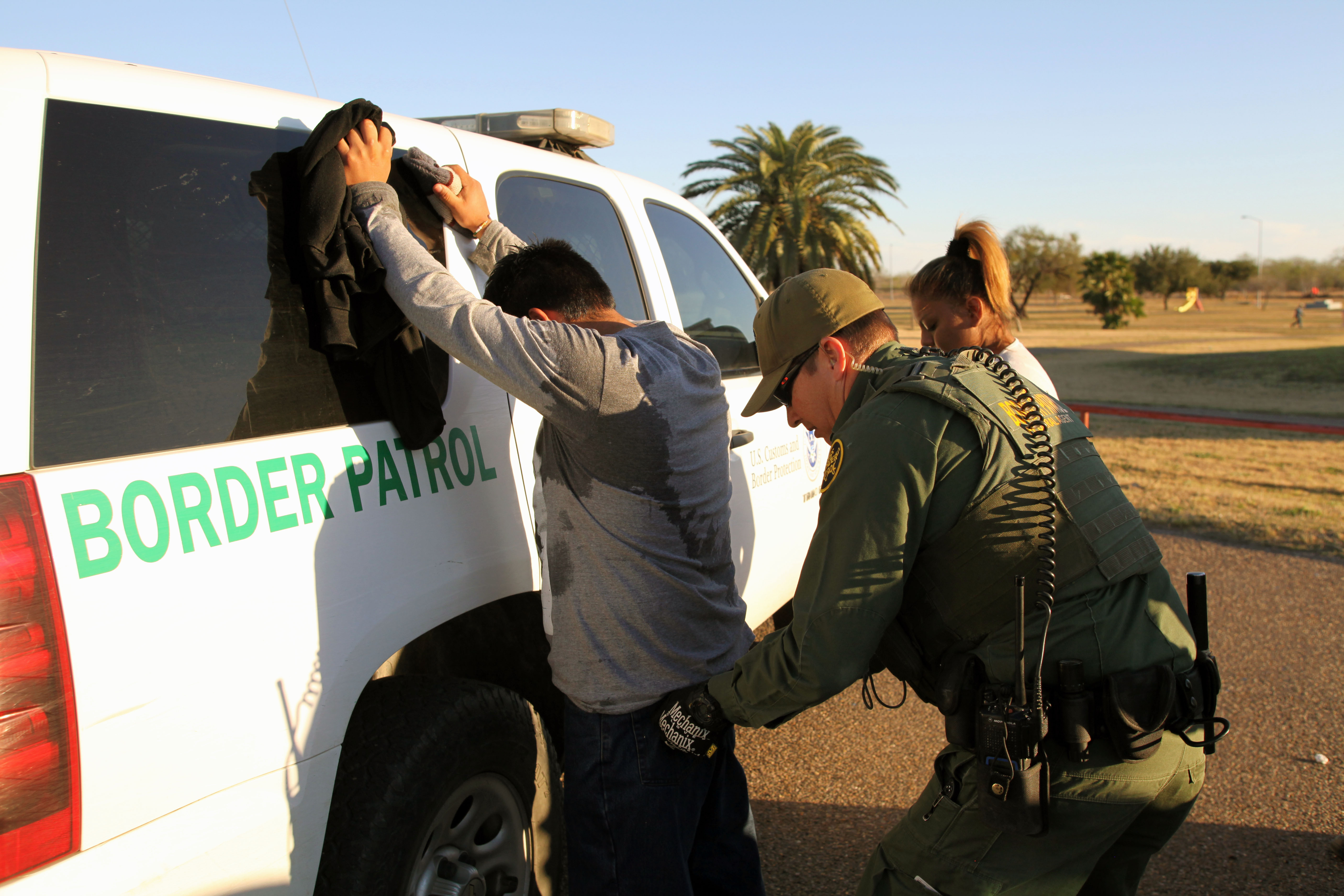You Need a Good Reason to Curb Privacy. None Exists for Collecting DNA at the Border.
By The Washington Post Editorial Board,
The Washington Post
| 01. 11. 2020
News this month that the U.S. government would start collecting DNA from people detained at the border seemed to sketch out a picture of dystopia: citizens, green-card holders and immigrants, including asylum-seekers, all required to hand over their most intimate identifying information to be shipped off to a massive FBI-run criminal database. The reality isn’t quite so dire, but it’s still far from rosy.
Congress passed a law in 2005 that allows the attorney general to require the collection of DNA from citizens who are arrested, charged or convicted with federal crimes, as well as from non-resident detainees. The Department of Homeland Security has historically been exempt. Now, the Justice Department proposes to revoke that exemption — which means DHS must start swabbing. The agency is piloting the program at select ports of entry.
U.S. citizens will still only be subject to the rule if they’re suspected of having run afoul of the law, so it’s immigrants (more than 740,000 of them per year after full rollout, by DOJ’s count) who will be surrendering their DNA en masse...
Related Articles
By Scott Solomon, The MIT Press Reader | 02.12.2026
Chris Mason is a man in a hurry.
“Sometimes walking from the subway to the lab takes too long, so I’ll start running,” he told me over breakfast at a bistro near his home in Brooklyn on a crisp...
By Diaa Hadid and Shweta Desai, NPR | 01.29.2026
MUMBRA, India — The afternoon sun shines on the woman in a commuter-town café, highlighting her almond-shaped eyes and pale skin, a look often sought after by couples who need an egg to have a baby.
"I have good eggs,"...
By George Janes, BioNews | 01.12.2026
A heart attack patient has become the first person to be treated in a clinical trial of an experimental gene therapy, which aims to strengthen blood vessels after coronary bypass surgery.
Coronary artery bypass surgery is performed to treat...
By Staff, ScienceDaily | 01.05.2026
Scientists at UNSW Sydney have developed a new form of CRISPR technology that could make gene therapy safer while also resolving a decades-long debate about how genes are switched off. The research shows that small chemical markers attached to DNA
...




